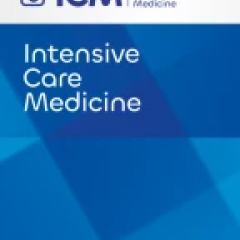In early November, CRE REDUCE collaborated with the Queensland Statewide Antimicrobial Stewardship Program, the UQ's Institute for Molecular Bioscience (IMB), the National Centre for Antimicrobial Stewardship (NCAS) and the Queensland University of Technology (QUT), to deliver the inaugural National Antimicrobial Resistance (AMR) Forum.
With the generous support from the Faculty of Medicine, we were able to organise an interdisciplinary meeting that aspired to strengthen the links with Faculty's clinical partners and raise public awareness of AMR as an increasingly important, global public health issue. Our keynote speaker, Professor Alison Holmes from the Imperial College London showcased her significant integrative work at her home institution and asserted that AMR represented one of the greatest threats to the United Nations' Sustainable Development Goals initiative.
Fittingly, the meeting occurred on the International One Health Day – a global enterprise attempting to create “all-inclusive collaborations in both research and applied sciences, between human and animal health arenas, chemical, engineering and social scientists, dentists, nurses, agriculturalists and food producers, wildlife and environmental health specialists, assembled under the One Health umbrella”.
Forum Program was comprehensive and it brought together over 200 physicians, nurses, pharmacists, veterinarians and state government representatives discussing the topics of antimicrobial stewardship (AMS), AMR surveilance in human and animal medicine and new drug development targeting multi-resistant organisms. It was preceded by a half-day program of workshops on the topics of antimicrobial stewardship in specialist settings such as intensive care units and cancer therapy, antifungal stewardship, role of nursing in AMS, veterinary AMS and Drug Discovery & Development Workshop delivered by IMB.
Free forum entry was made available to HDR students and at least 20 young researchers attended the Forum. A major focus of our centre is to train the world leading researchers in formulating and testing of innovative dosing regimens of antimicrobials in order to prolong the lives of current antimicrobials and minimise the development of antimicrobial resistance.
The event attracted both local and national media interest and also a significant social media attention.



